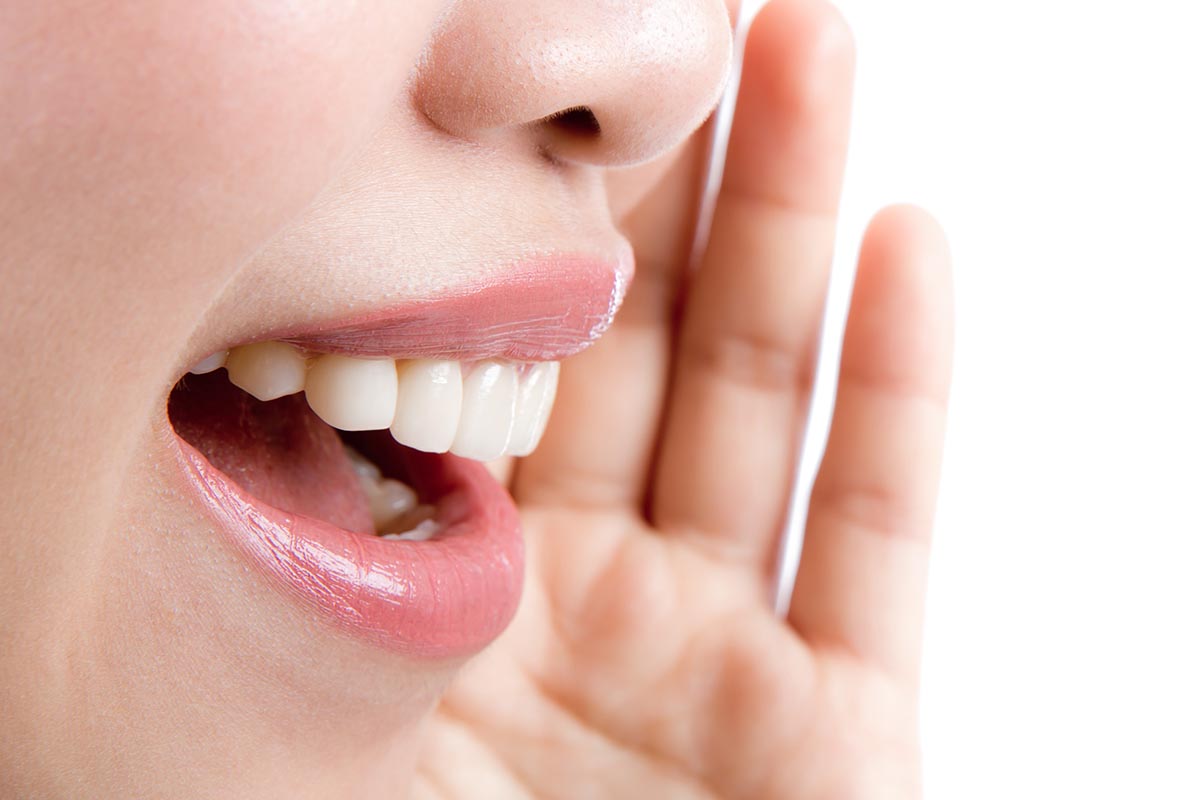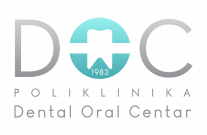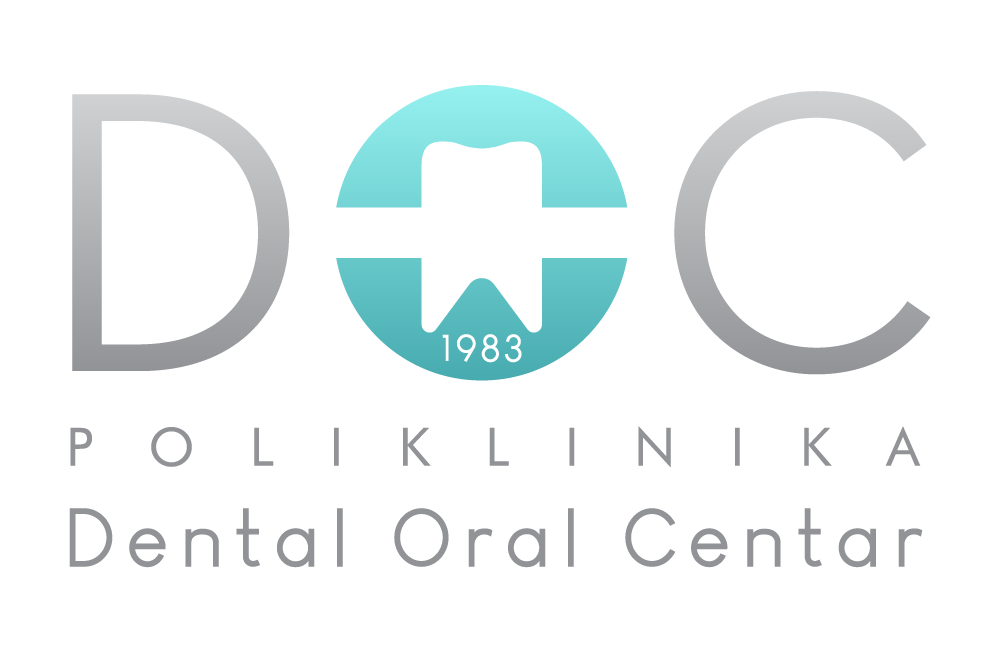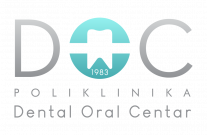TEETH GRINDING
Why do people grind their teeth, and how to stop it?
Gritting your teeth during sleep, or otherwise known as bruxism, is very uncomfortable, not only for the person experiencing it but also for the one who listens. At times, it may seem that the teeth will burst from the pressure, so it is necessary to deal with this problem in time as soon as you suspect that you are suffering from it. It most often occurs in people in the adolescent period until the age of forty, and after that less often.
Bruxism is defined as an unconscious oral habit of dysfunctional rhythmic pressing, clenching, and grinding of the teeth when performing movements that are not part of the masticatory function that leads to occlusal trauma read in the dictionary of dental prosthetic terms. Bruxism is a complex occlusal parafunction, and it is not related to normal physiological functions, such as speech, breathing, chewing, and swallowing.
What are the causes of bruxism?
Teeth grinding is often related to stress or anxiety. Bruxism occurs most often during the night when the person is not even aware of it or during the day while the person is conscious but exposed to tension. Sometimes a hereditary factor is a possible cause.
Teeth grinding can also affect children.
Symptoms you shouldn’t ignore
The most common signs are the teeth that are flattened, fractured, chipped, or loose. Signs and symptoms of bruxism may include sensitivity of teeth and gums. The muscles of the jaw, neck, and face can be tightened and contracted. The person feels mild pain after a spasm and in the waking state.
There is often pain that extends from the ears to the chin, pain on the inside of the cheeks.
If you feel any of these symptoms immediately after waking up, if they do not go away for a few days, it is necessary to consult a dentist to determine whether it is bruxism and prevent consequences for the teeth and gums.

It is important to treat the cause of bruxism in the first place to prevent consequences.
Teeth Grinding Consequences
Tooth enamel and crowns are most often damaged due to strong friction, and gum problems occur. In addition, headaches can occur due to intermittent and restless sleep or insomnia.
How to protect your teeth
Bruxism can easily be treated by wearing a mouthguard while you sleep. It is a shield made of solid materials that prevent contractions of the muscles in the jaw during the night, so there is no abrasion and damage to the teeth and tooth enamel. It is usually worn for 3-4 months, and controls are mandatory. Also, it is necessary to solve the very cause of bruxism, stress, and tension.
If you have any questions regarding oral health or want to schedule an examination, we are waiting for you in Belgrade at 3 Trstenjakova Street. You can also contact us by phone and schedule your check-up.



